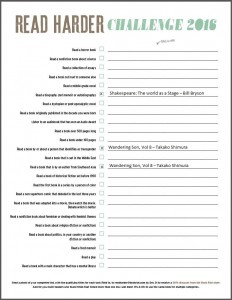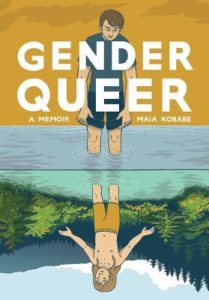 Gender Queer is a graphic memoir about growing up not feeling at home with the body you are given, and especially not with the expectations that come with that body. Maia Kobabe grew up (mostly, e was born in 1989, as far as I can calculate) before the internet became a total immersion experience, and hence at a time when finding «other people like me» was a much more difficult process. This memoir tells the story of eir process from being perceived as a «tomboy» when e was little enough that that was an option, hitting puberty and struggling with that on a whole other level than eir friends and slowly discovering that not only are there more options sexuality-wise than boy+girl, but that «boy» and «girl» in themselves are identites that can be questioned.
Gender Queer is a graphic memoir about growing up not feeling at home with the body you are given, and especially not with the expectations that come with that body. Maia Kobabe grew up (mostly, e was born in 1989, as far as I can calculate) before the internet became a total immersion experience, and hence at a time when finding «other people like me» was a much more difficult process. This memoir tells the story of eir process from being perceived as a «tomboy» when e was little enough that that was an option, hitting puberty and struggling with that on a whole other level than eir friends and slowly discovering that not only are there more options sexuality-wise than boy+girl, but that «boy» and «girl» in themselves are identites that can be questioned.
The artwork is charming and effective, the story is told through both pictures and text. You can feel the author’s frustration through the page when confusion sets in and the elation em feels when answers reveal themselves is echoed in the reader.
Kobabe is lucky enough to have been born into a loving family, who may fumble pronouns, but who are generally supportive. This is in a way refreshing, as the main focus remains on eir own struggles to understand emselves, rather than any particular search for acceptance (though there is some of that, too).
It is perfectly possible to read this as a beautifully written and illustrated, interesting memoir, an insight into a life not like (or like?) yours. I certainly felt like it helped me understand the feeling of being not-cis much better than I’ve really done before.
If you are, however, questioning your own gender, it can (probably? surely?) work as a bit of a guide. An older person who’s already been through the process sharing eir experiences to help you in your «quest», so to say. Kobabe also references other LGBTQ+ writers and researchers throughout, so while there is no actual «further reading» section, I noted a list of authors and books to check out.
This particular frame resonated especially with me, as it echoes an actual statement from a young person I know:
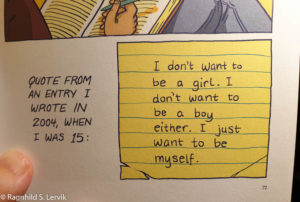
And while that does not mean that the young person in question is neccessarily gender queer, it does mean I’m going to make sure to somehow get this book into their hands.
But first I’m going to plop this copy into the hands of my eldest child.
In all, Gender Queer is probably the best LGBTQ+ book I’ve read so far.
(Note: I’ve tried my darndest to use correct pronouns throughout. If I’ve messed up, I’m sorry, please let me know!)
Boka har jeg kjøpt sjøl.
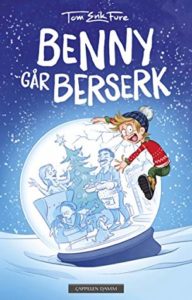
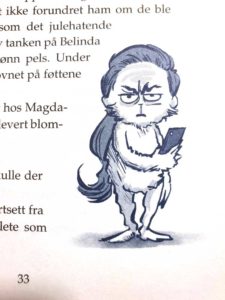


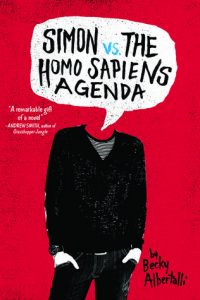
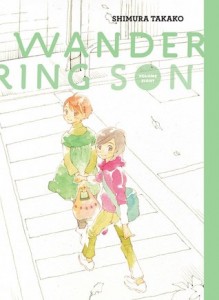 I picked up Vol 1 of Wandering Son by
I picked up Vol 1 of Wandering Son by 